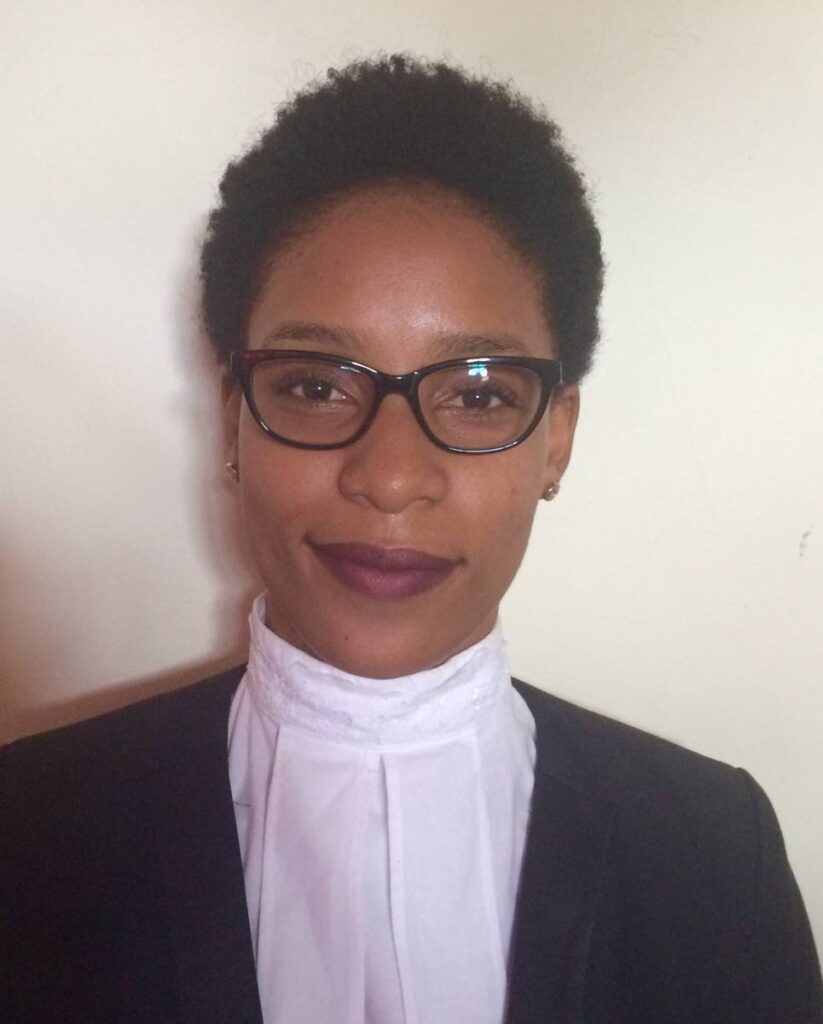Managing conflicts in relationships

KANISA GEORGE
Relationships are hard to navigate. We fall in love, fall out and then break up. Parents and their kids struggle to create a bridge over the generational gap. Friends argue over the most inconsequential things. And the rest of us just can't seem to get our interactions right.
The journey of life wouldn't be complete without discord. But what do we do to solve it when the inevitable fallout happens, and how do we know a relationship is too far gone to salvage?
Conflict starts where differences are born. And regardless of how much we have in common, our differences would, at some point, take centre stage.
Our differences stain our personalities, and these perspectives, beliefs, opinions, experiences and (our favourite sporting team) are at the helm of most disputes.
Most conflicts are birthed out of disagreements. Disagreements are viewed as a difference of opinion that often occurs during an argument or a verbal exchange between persons who have differing views on a given subject matter.
When arguments become verbally aggressive, they can quickly turn into conflict. As individuals, it's easy for us to believe that our experiences, beliefs, or knowledge is the "right" approach or position in any given situation. It might be correct to say that our need to be "right" influences how we communicate with each other and deal with conflict.
Being right instead of being heard or open-minded often dictates our actions outside a conflict-fuelled scenario. Truthfully, we are somehow wired to strive to be right – whether because formal education rewards the right answer without considering a nuanced approach or our sometimes-compulsive desire to win. When we peel back the layers of a conflict, the need to be right dictates, simply because being right affirms and inflates our sense of self-worth.
Another important factor determining whether an argument will escalate into conflict is an individual's tolerance for disagreement. Suffice to say, we are all highly emotional human beings, some more than others. And how well we manage our emotions can impact how well we manage conflicts.
According to James McCrosky, tolerance for disagreement can be defined as whether an individual can openly discuss differing opinions without feeling attacked or confronted. In this vein, individuals who have a low tolerance for disagreement can feel personally attacked whenever someone is perceived as devaluing their opinion. Try as we might, conflicts sometimes cannot be avoided. But the test of any relationship is how we can get over it.
Notably, arguments start as small flames and rise in intensity. Usually hinging on differences in approach or perspective, these minor blemishes like, "why did you park the car there" or "I don't want to eat at that restaurant," sadly can turn any relationship into a war zone.
One of the best ways to deal with conflicts of this nature is to find a middle ground. Striking a balance between what both parties want and are comfortable with sends a clear message that no one's view is superior to the other. To achieve this, individuals must first learn to practice empathy. Empathy requires each individual to put themselves in the other person's shoes. Then, a complete picture might be achieved by using the other person's perspective as the starting point and working back to yours during an argument.
It might seem silly to suggest open and transparent communication amid a breakdown in communication, but communication is required to resolve a conflict. During a conflict, it's important to exercise pause control. Of course, you want to thrash out the issues and conclude as quickly as possible, but when tensions are high, this is far from the best approach.
Consider pausing the argument for a few hours or even a few days, allowing enough time for tempers to simmer and then return to the drawing board. This time in a transparent, respectful way. Minus personal attacks or the need to "one up" your partner, maintain open and respectful dialogue throughout the conversation.
Trust me, this is much easier said than done. But it often helps if each person is allowed to speak uninterrupted and then use these collective views to address the issue.
Sadly, conflicts that are allowed to fester or issues that aren't adequately resolved can lead to the breaking down of attraction and the development of repulsion. When resentment comes into play, relationships become murkier, leading to anger and frustration and ultimately making it difficult to see the light at the end of the tunnel. When relationships hit a snag, professional help is advisable, or you might be looking at the slow or very fast, painful end of a relationship.
Admittedly, conflict can sometimes make a relationship stronger. And most, if not all of us, are much better individuals because of it. But be mindful that when conflict is allowed to continue and escalate it "can be likened to an ugly, putrid, decaying, pus-filled sore."


Comments
"Managing conflicts in relationships"